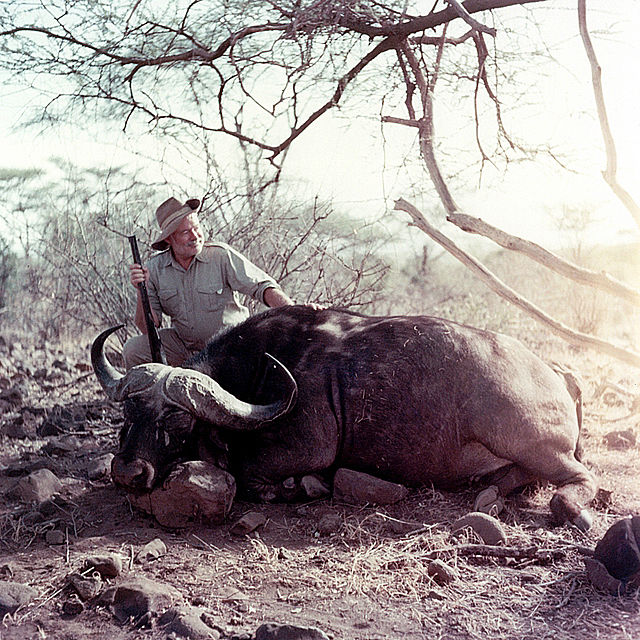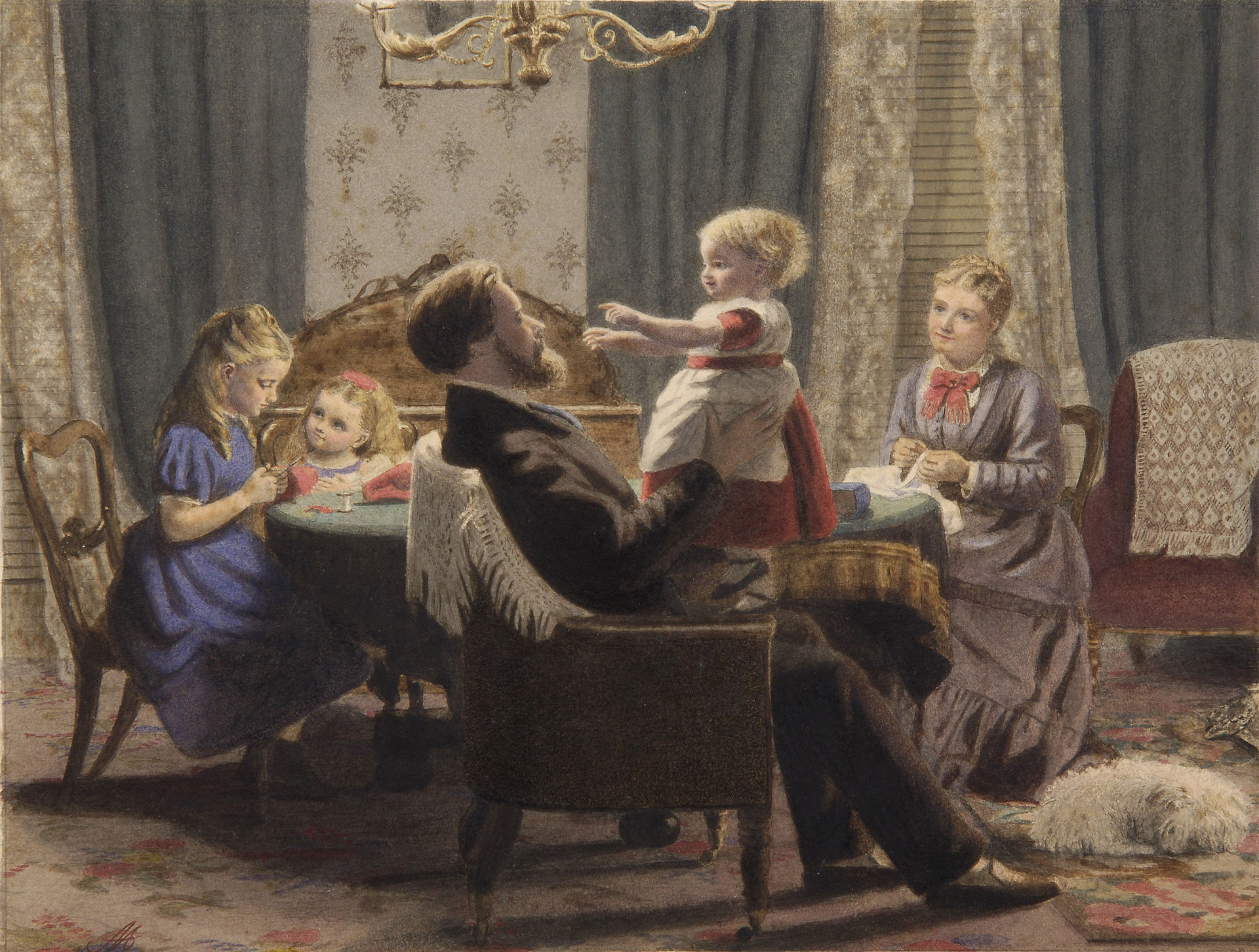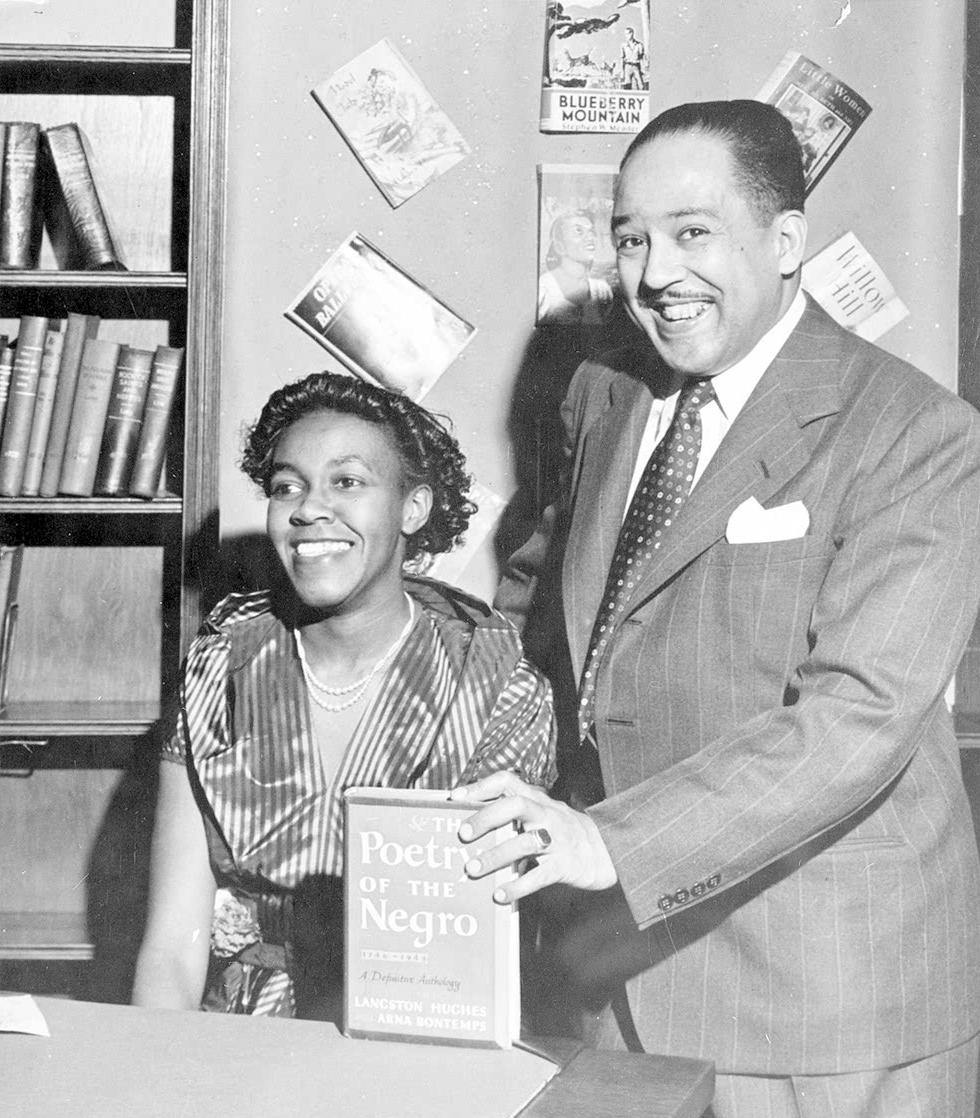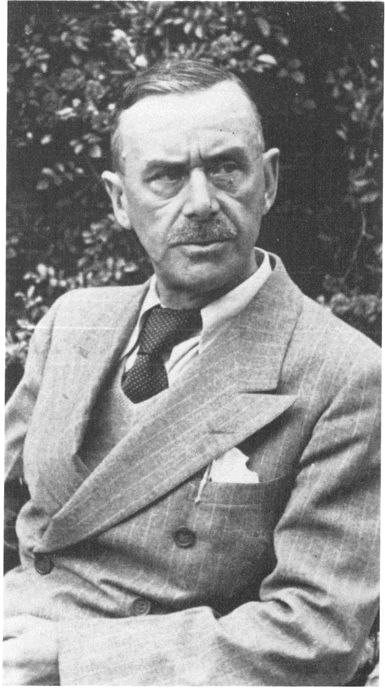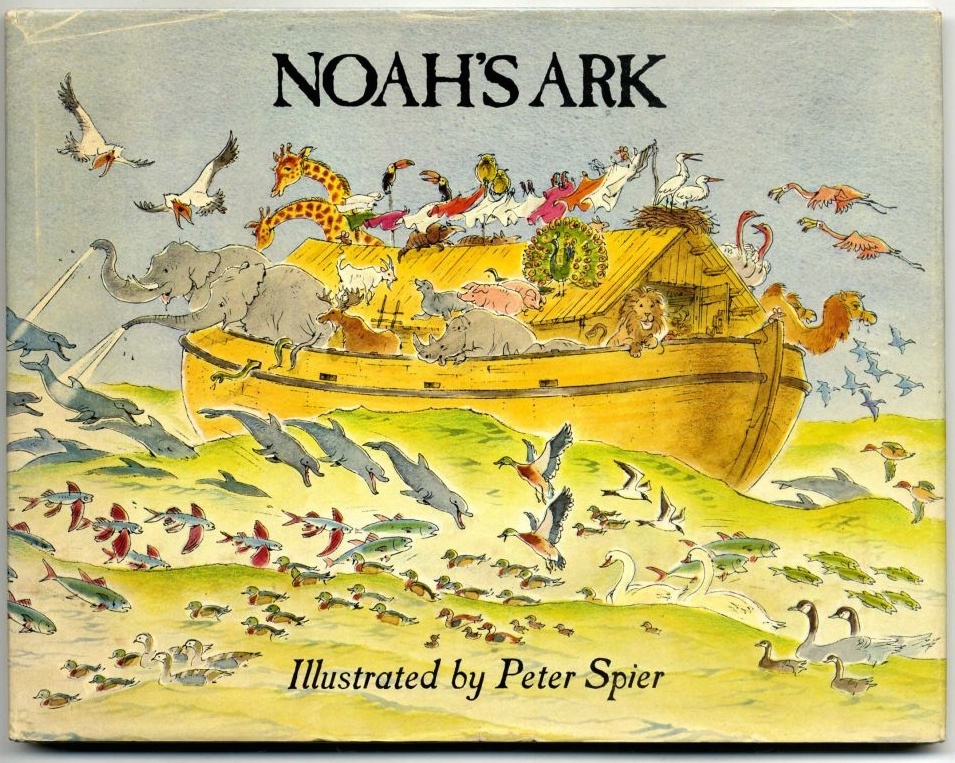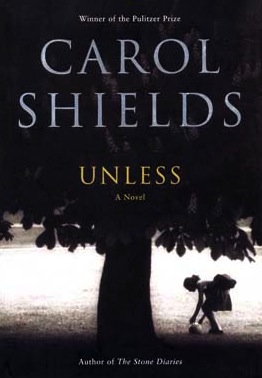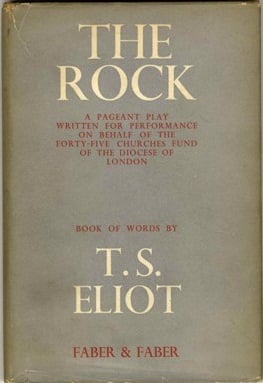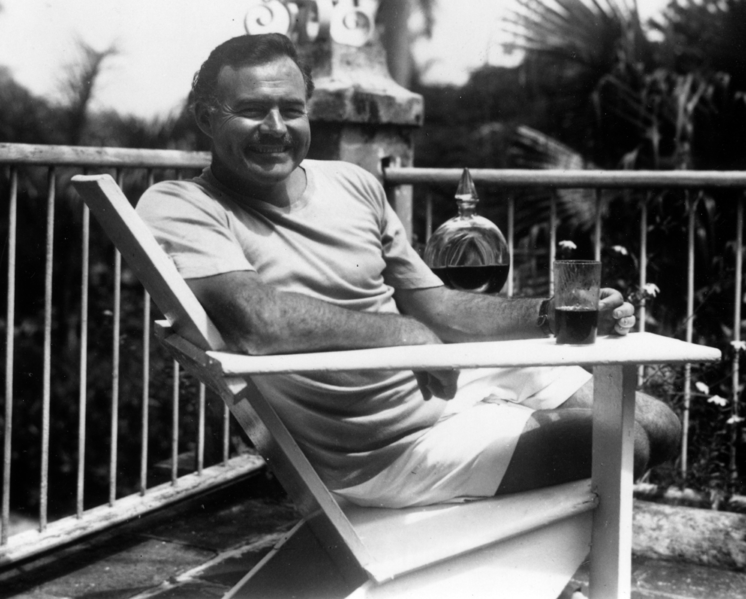“Hemingway Slaps Eastman in the Face,” read the New York Times headline on August 14, 1937. This famous spat happened one afternoon when Max Eastman—a prominent critic who wrote about politics, literature, and more—discovered that one of the subjects of his criticism, Ernest Hemingway, wanted to fight back. Hemingway, who was visiting New York at the time, walked into the Fifth Avenue location of publisher Charles Scribner & Son. There, in the office of editor Max Perkins, one of the most peculiar author exchanges of the century transpired.
us toll free: 1-800-948-5563 international: +1 (843) 849-0283 UK: +44 (0) 1334 260018




